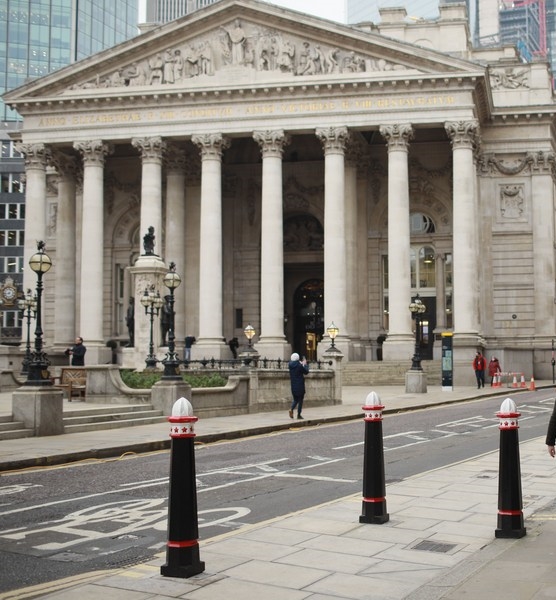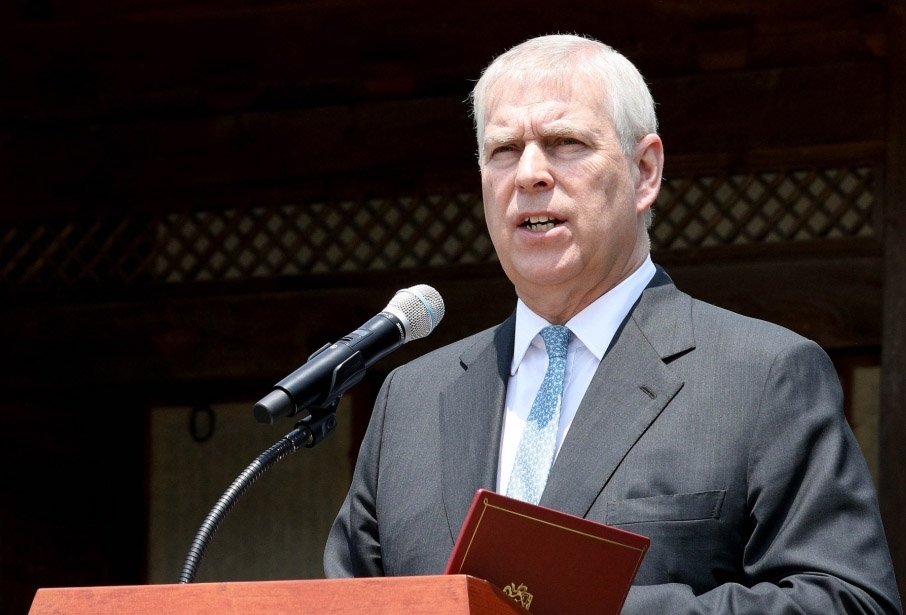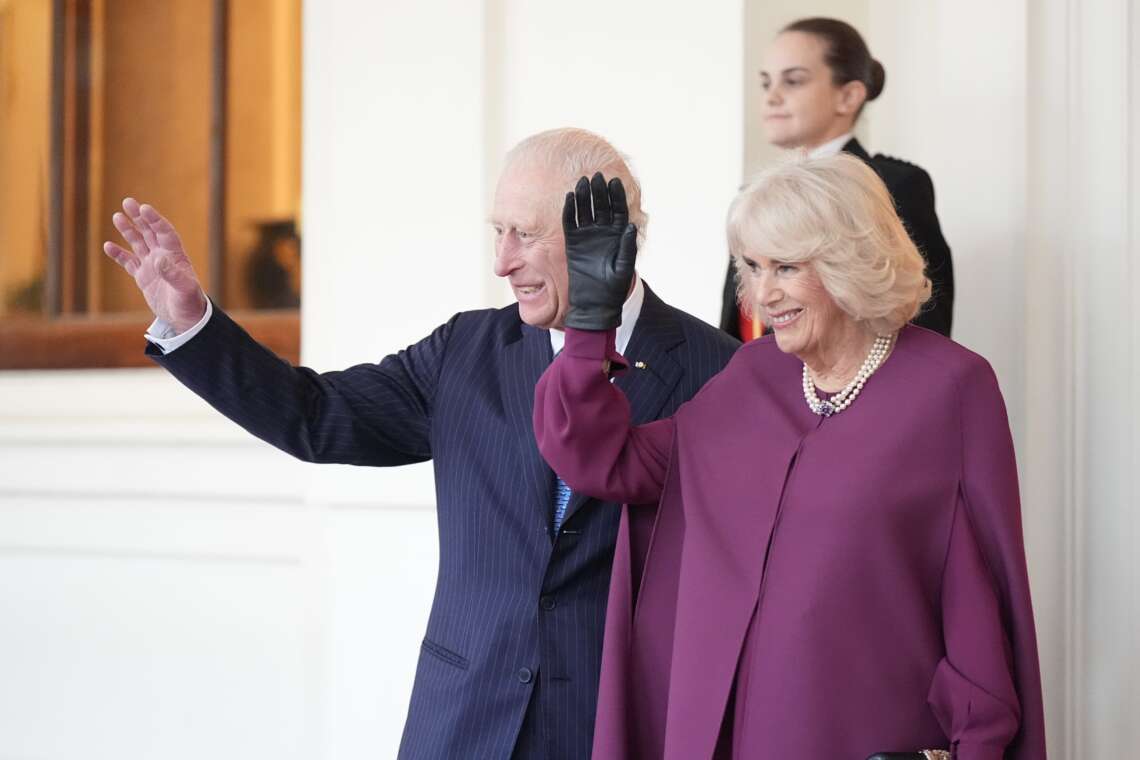Blaming a rise in wholesale energy prices after a cold European winter, the central bank said inflation was on track to reach 3.7% in the third quarter, a development rekindling the cost of living crisis
The Bank of England has cut interest rates to 4.5%, as it halved its UK growth forecasts for this year and warned households would face renewed pressure from rising prices.
With the government under fire over the sluggish economy, the Bank’s monetary policy committee (MPC) voted by a majority of seven to two to reduce interest rates, down from 4.75%, to provide some financial relief to borrowers.
It also sounded the alarm for the year ahead, downgrading its 2025 growth forecasts made in November from 1.5% to 0.75% because of weakness in household and business confidence, both of which have fallen since the budget. The Bank also warned inflation would reach a fresh peak of 3.7% by the autumn, almost twice the 2% target set by the government.
However, Andrew Bailey, its governor, indicated Threadneedle Street was prepared to cut borrowing costs further this year – despite the short-term rise in inflation – because of concerns over the weak economy.
“There will be a bump in the road [from inflation] but we don’t think that bump is going to have a lasting effect,” he said. Bailey added that the Bank would take a “gradual and careful approach to reducing rates further”.
Sterling fell against the US dollar as investors bet on a deeper round of interest rate cuts, having been taken by surprise that two MPC members had pushed for a larger half-point reduction including Catherine Mann, who has previously been in favour of keeping rates higher.
The decision, which took borrowing costs to the lowest level since June 2023, came after inflation fell back from a peak of more than 11% in the second half of 2022 to 2.5% now. Economic activity has slowed almost to stalling point amid a decline in business confidence since the chancellor Rachel Reeves’s October budget.
In a further blow to Reeves, who only last week gave an important speech setting out Labour’s vision to get Britain’s economy growing, Threadneedle Street said it expected gross domestic product had probably fallen by 0.1% in the final three months of 2024 and was on track to rise by the same slender amount in the first quarter of this year.
Signalling that the UK was entering a period of stagflation – when weak economic growth is coupled with high inflation – the Bank said households would come under renewed pressure from a fresh rise in energy prices and other utility bills.
Blaming a rise in wholesale energy prices after a cold European winter, the central bank said inflation was on track to reach 3.7% in the third quarter, a development rekindling the cost of living crisis.
Despite the rise in inflationary pressures, the MPC said weakening economic growth and a deteriorating jobs market meant inflation would fall back in future, although it added that it would take until the end of 2027 for the rate to return to its 2% target.
Reflecting growing dangers to the economy, the Bank said it was monitoring closely US trade policies, and said Britain would not be immune to a global trade war. “Greater global protectionism would be likely to have a negative impact on world economic activity in the medium term, and lead to increased trade fragmentation,” it said.
Industry groups have warned that Labour’s planned £25bn increase in employers’ national insurance contributions, and a 6.7% rise in the minimum wage from April, could force them to cut jobs or raise prices.
Earlier this month, Reeves came under scrutiny amid a rise in government borrowing costs – fuelled by higher-for-longer rate expectations in Britain and the US. This led to warnings that she could be forced to break her fiscal rules.
James Smith, the research director at the Resolution Foundation thinktank, said the chancellor could benefit from the Bank’s latest forecasts because the prospect of deeper rate cuts could help lift pressure on the public finances.
“The Bank’s downbeat assessment may, however, contain a silver lining for the government and mortgage holders. The MPC may quicken the pace of interest rates cuts this year, reducing debt servicing costs to give the chancellor some much-needed headroom, and reducing rates for those looking to remortgage this year,” he said.
ALSO READ: UK drives green growth across Africa














